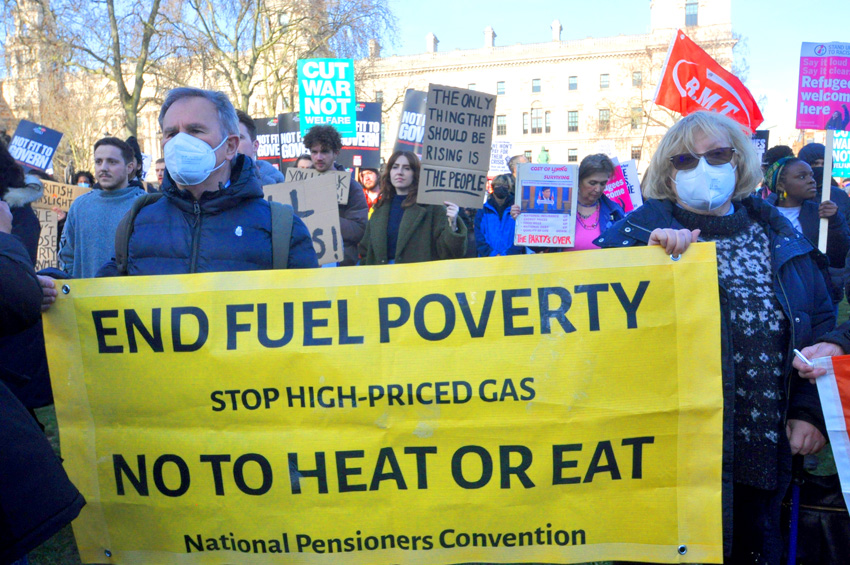TORY Business Secretary Jacob Rees-Mogg announced yesterday that the taxpayer is to subsidise the energy bills of every business in Britain to the tune of 50 per cent.
The move caps bills at £211 per MWh for electricity and £75 per MWh for gas – less than half the expected cost this winter – and removes green levies.
The measures, which will be applied directly to bills, will begin in October and last for six months.
The Department for Business, Energy and Industrial Strategy said that schools, charities, hospitals and other non-domestic organisations will also be covered by the policy.
Rees-Mogg could not say how much the package will cost the taxpayer, as it will depend on what happens to wholesale market prices between October and April, when the support expires.
But it is estimated that the measure means that businesses are to be subsidised by the taxpayer to the tune of around £25bn over the next six months.
- Unite union general secretary Sharon Graham commented: ‘The government plans are a short-term taxpayer-funded panic measure.
‘Although they will give business some respite on soaring energy bills in the short-term, employers are crying out for long-term solutions in order to be able to plan with confidence for the future.
‘Yet again, the taxpayer is being required to pick up the tab, with no check or penalty being placed on the excessive profits being generated by the energy companies who will be laughing all the way to the bank.’
Research by Unite has established that ‘rampant corporate profiteering’ by Britain’s supply and distribution companies is feeding the country’s soaring energy costs.
‘The major energy suppliers, distributors, and generators have made £15.8 billion in profits in the last year The UK’s Big 4 energy suppliers – Centrica, E.on, EDF and Scottish Power – made £9.5 billion profits. This is up 84 per cent on profits pre-pandemic.
‘Before the energy crisis business energy costs were already the highest in Europe. The failure of successive governments to invest in renewable and nuclear energy has made the current crisis far worse for UK businesses.
‘Businesses are still facing far higher gas and electricity bills than a year ago and there remain genuine fears that energy-intensive industries will be forced to cut jobs, which will damage the economy.
‘Until the government introduces long-term solutions to the broken model of the UK’s energy market and addresses its over-reliance on fossil fuels, the cost of energy will remain excessive and UK economic growth will be stymied.’
